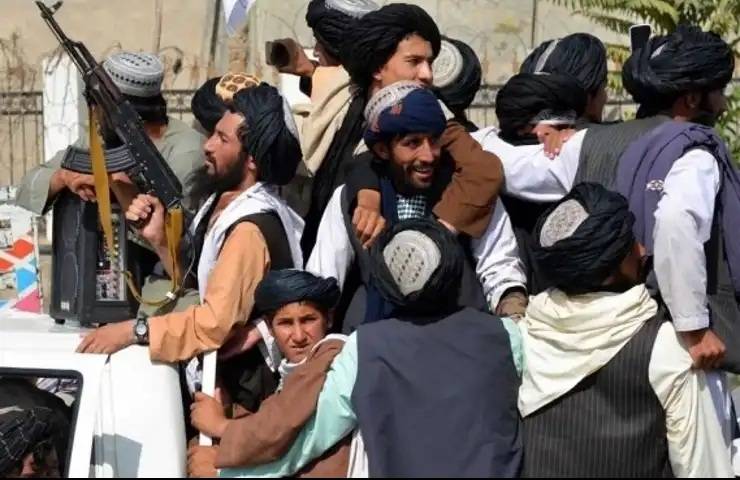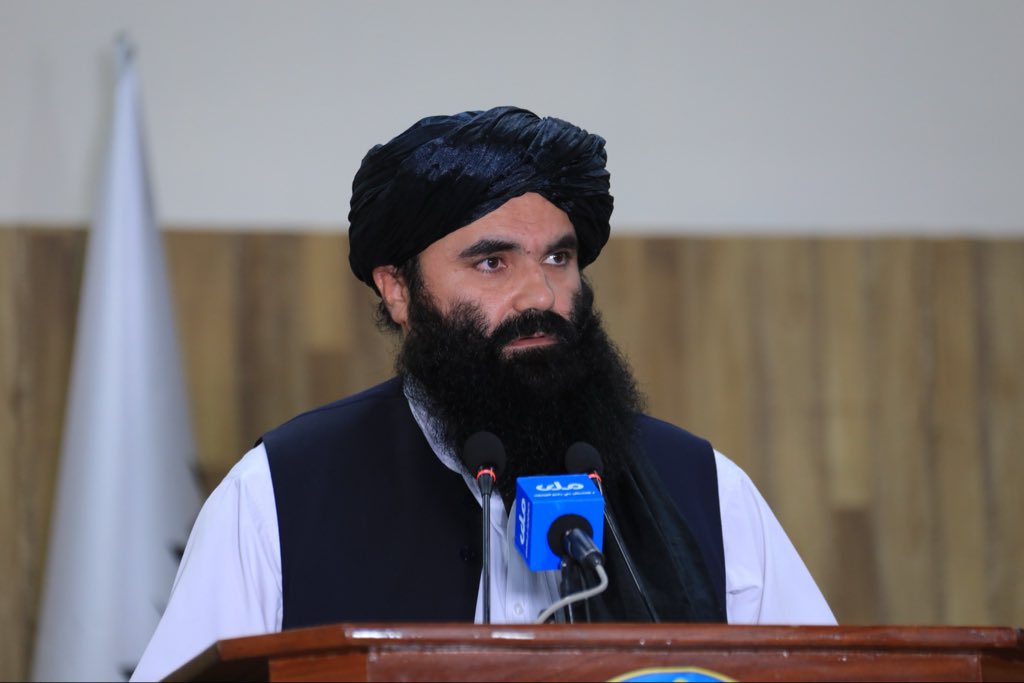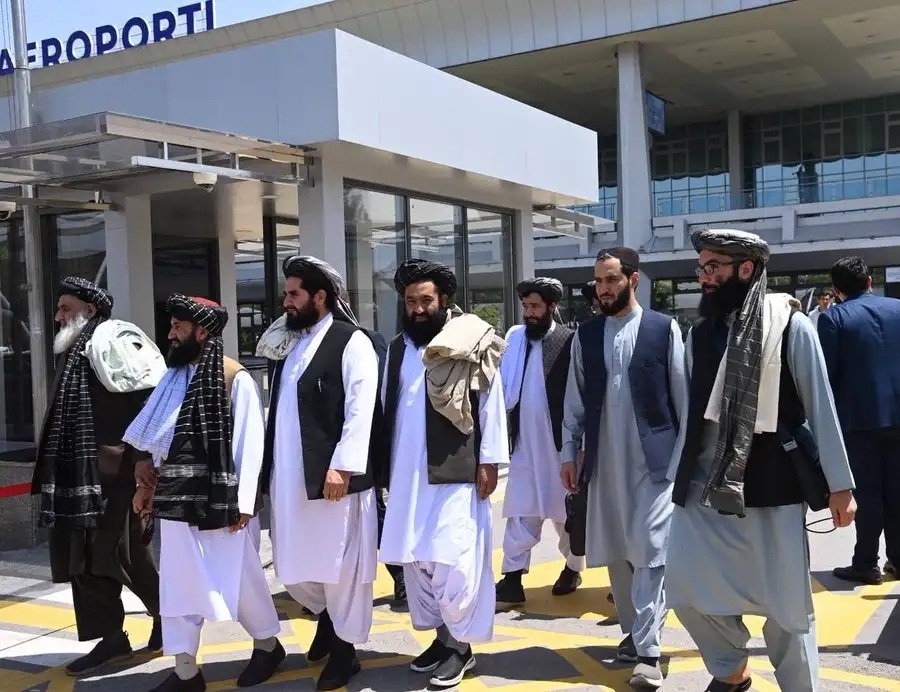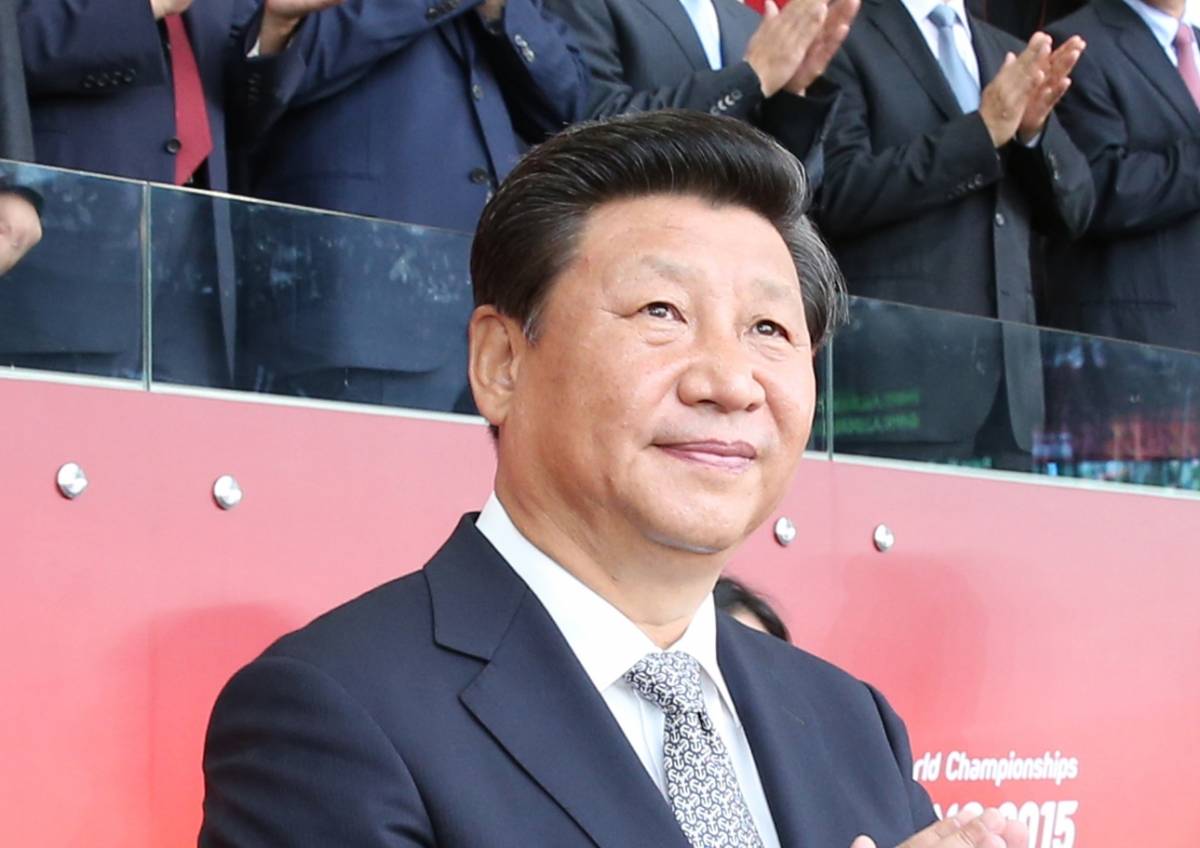Now the Taliban have ordered Afghans living in an abandoned military compound to leave their houses and make way for the group’s fighters to move in…reports Amjad Ayub Mirza
As missiles came raining down on Kabul during the early afternoon of September 16, it sent a disturbing message across the world that not all jihadis are on the same page when it comes to establishing an Islamic Emirate in Afghanistan.
At least five missiles were said to have landed near the Kabul power plant which shows that the objective of the strike was to throw the capital city into darkness by disrupting the power and electricity supply.
Now the Taliban have ordered Afghans living in an abandoned military compound to leave their houses and make way for the group’s fighters to move in. There are 2,500 families that are feared to be evicted in the coming days. However, after protests the Taliban are said to have abandoned the plans temporarily.
The video of acting Deputy Prime Minster Mullah Abdul Ghani Baradar that surfaced on the same day the missile attack took place, has for a moment laid to rest rumours that he had been fatally wounded after a gun fight broke out between the Doha group, which had facilitated the talks between the US, Taliban, and the Haqqani network, which Pakistan had helped to get a large share in the Taliban ad hoc government. Seventeen out of 33 ministerial portfolios have gone to the Haqqani.
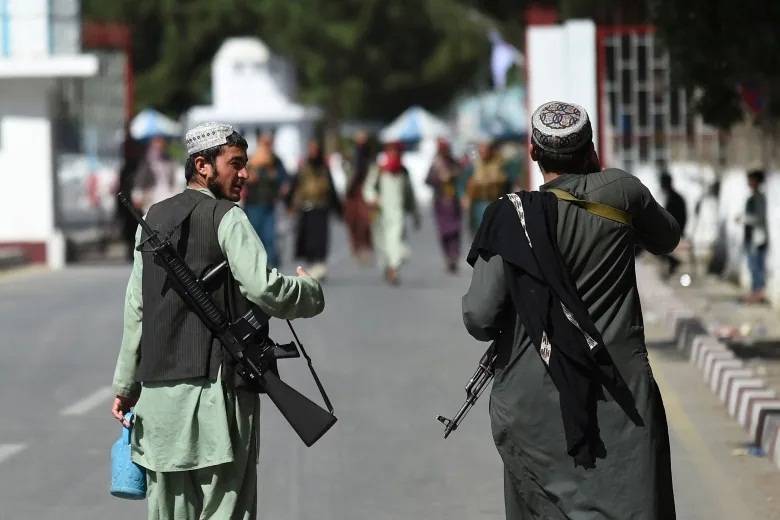
The missile attack on Kabul comes at a time when the Taliban were holding their first cabinet meeting. The meeting fell apart after heated arguments between several ministers debating among themselves the economic and political catastrophe that the Taliban find themselves facing.
On one hand, the IMF and World Bank have brought all aid to Afghanistan to a halt. To add insult to injury, the US government froze Afghan assets which amount to almost $9 billion raising qualms regarding the Taliban’s ability to manage the economy in the not so distant future.
On the other hand, doubts have risen about the capability of the Taliban to consolidate its rule over Afghanistan. The fighters in the north in Panjshir, led by Ahmad Massoud and former First Vice President Amrullah Saleh, refuse to budge and continue to put up a fierce resistance despite the alleged military assistance provided to the Taliban by neighbouring Pakistan.
The Islamic State-Khorasan (IS-K) has also posed a serious threat to the claims of stability made by the ad-hoc government of Taliban in Kabul. The Khorasan had conducted at least two deadly attacks last month on the Kabul airport which resulted in the deaths of 13 US marines and more than 200 Afghans.
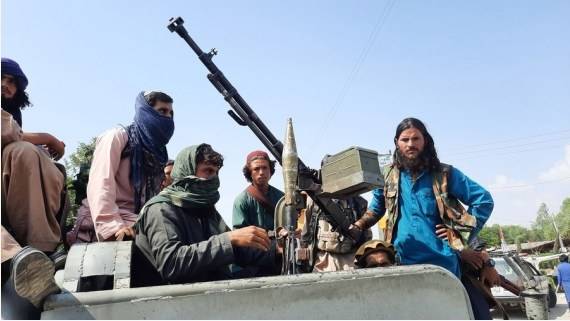
Pakistan has allegedly been accused by the Doha group of meddling in the internal affairs of Afghanistan to the detriment of the political wing of the terrorist organisation based in Doha.
The sudden dash to Kabul by the Pakistani chief of Inter-Services Intelligence (ISI) Lt Gen Faiz Hameed is said to have played an instrumental role in forming the ad hoc Taliban government. This, it is believed to have divided the Taliban into at least three groups. The Taliban, the Haqqani and those who support Baradar.
Baradar’s sudden disappearance and then reappearing six days later and releasing a pre-recorded video statement claiming that he fine and reading from a piece of paper showed him visibly distressed. This has raised questions regarding him being forced to make an appearance on video.
In recent days, the fighters in Panjshir have also shown resilience and have reportedly been attacking the Taliban in the province of Badakhshan. Moreover, it is reported that Massoud has announced that soon they will declare a parallel Afghan government. All these pointers indicate that Taliban rule over Kabul is going to be anything but stable.
Another factor to be paid attention to is the resilience with which the Afghan women have taken to the streets to oppose the Taliban. From Kabul to Kandahar and Herat scores of Afghan women have been taking out processions while chanting slogans such as “down with the Taliban” and “death to Pakistan”.
As the Taliban struggle to subdue internal fighting, gain control over a disgruntled civil society and bring anti-Taliban resistance forces in Panjshir to task one thing is now become clear that the Taliban are finally on the receiving end of the wrath of the wider Afghan society.
From being an aggressor and bombarding civilian government of former President Ashraf Ghani in Kabul to being rocket fired upon, the Taliban are now facing a multiple enemies and from various sections of society, something they should get used to very quickly.
(Amjad Ayub Mirza is an author and a human rights activist from Mirpur in Pakistan occupied Kashmir. He currently lives in exile in the UK. All views expressed are personal.)


